Korean Labor Standards Act (2)
December 26, 2019Korean Labor Standards Act (4)
December 26, 2019
This is the third posting on Korean Labor Standards Act (hereafter referred to as “the Act”). In this posting, I’m going to inform you of the legal actions in case you’re unfairly dismissed. I was to include the way to deal with unpayment in this posting, but I’d like to concentrate on the remedy for unfair dismissal this time as there are many to be mentioned for that. Therefore, the legal actions for unpaid wages or severance will be covered in the next posting. Let’s focus on the remedy for unfair dismissal.
First, it is necessary to check out whether your workplace has five or more regular workers because the relevant Article, the paragraph (1) of Article 23 restricts the workplace having five regular workers or more. The paragraph (1) of Article 23 of the Act is as follows;
Article 23 (Restriction on Dismissal, etc.)
(1) An employer shall not, without justifiable cause, dismiss, lay off, suspend, or transfer a worker, reduce his/her wages, or take other punitive measures (hereinafter referred to as “unfair dismissal, etc.”) against him/her.
Second, if the number of regular workers of your workplace is five or more and you’re unfairly dismissed, you may apply for remedy to the Labor Relations Committee. Please note that the remedy shall be done within 90 days from the dismissal. The relevant Articles of the Act are as follows;
Article 28 (Request for Remedy from Unfair Dismissal, etc.)
(1) When a worker is subjected by the employer to any unfair dismissal, etc., he/she may request a remedy therefor from a labor relations commission.
(2) A request for remedy under paragraph (1) shall be made within three months from the date of the unfair dismissal, etc.
Third, after the remedy for unfair dismissal is requested, the Labor Relations Committee shall investigate the issues and examine the parties concerned. It takes approximately 2 to 4 months for the decision to be made. If a remedy decision is made, the employee may come back to the former workplace or receive the money or the value equivalent or higher than wages he or she would have received working the former workplace. Please refer the Articles of the Act as below;
Article 30 (Order, etc. for Remedy)
(1) If a dismissal, etc. is judged to be unfair in consequence of the examination under Article 29, the Labor Relations Commission shall issue to the employer an order for remedy, and, if the dismissal, etc. is judged not to be unfair, make a decision to reject the request for remedy.
(2) The judgment, order for remedy and decision of rejection under paragraph (1) shall be notified in writing to the employer and worker, respectively.
(3) In issuing an order for remedy (only referring to an order for remedy following dismissal) under paragraph (1), if a worker does not desire to be reinstated in his/her former office, the Labor Relations Commission may, instead of issuing an order to reinstate him/her in his/her former office, order the employer to pay such worker the amount of money or other valuables equivalent to or higher than the amount of wages which he/she would have been paid if he/she had offered work during the period of dismissal.
Fourth, what if the employer who is given remedy order doesn’t comply with it? There is an Article prescribing that he or she shall be imposed charge 20 million KRW or less. The relevant Article of the Act is as below;
Article 33 (Charges for Compelling Performance)
(1) The Labor Relations Commission shall impose charge for compelling performance of not exceeding 20 million won on an employer who fails to comply with an order for remedy (including the decision made by reexamination in which an order for remedy is contained; hereafter in this Article, the same shall apply) within the specified deadline for executing the order after such order is issued.
(2) The Labor Relations Commission shall give the employer a prior notice in writing to the effect that the charge for compelling performance will be imposed and collected, by not later than 30 days before it is imposed pursuant to paragraph (1).
(3) The imposition of charge for compelling performance pursuant to paragraph (1) shall be made in writing specifying the amount of the charge for compelling performance, grounds for imposition, payment deadline, receiving institutions, methods of raising an objection, agency to which an objection may be raised, etc.
(4) The kinds of violation subject to the imposition of the charge for compelling performance under paragraph (1), amounts of imposition by the degree of violation, procedures for return of the charge for compelling performance imposed and collected, and other necessary matters shall be prescribed by Presidential Decree.
(5) The Labor Relations Commission may impose and collect the charge for compelling performance provided for in paragraph (1) repeatedly within the limit of two times per year from the date when it issues the first order for remedy, until the order for remedy is complied with by the person subject to the order for remedy. In this case, the charge for compelling performance shall not be imposed and collected for more than two years.
(6) The Labor Relations Commission shall not impose an additional charge for compelling performance if the order for remedy is complied with, but shall collect the charge for compelling performance already imposed before the order for remedy is complied with.
(7) If the person liable to pay the charge for compelling performance fails to pay it by the due date for payment, the Labor Relations Commission may urge him/her to pay it within a fixed period, and, if the charge for compelling performance provided for in paragraph (1) is not paid within the fixed period, collect it in the same manner as delinquent national taxes are collected.
(8) When the employer subject to the order for remedy fails to comply with it by the deadline for execution thereof, the worker concerned may inform the Labor Relations Commission thereof within 15 days after such deadline has expired.
Fifth, you may wonder whether an employer or employee may raise an objection to the decision by the Labor Relations Committee. An employer or employee may request reexamination to the Central Labor Relations Commission. The request shall be done within 10 days from the decision. If an employer or employee doesn’t accept the decision by reexamination, he or she may file an administrative suit. Please note the Articles of the Act as below.
Article 31 (Confirmation of Order, etc. for Remedy)
(1) An employer or worker who is dissatisfied with an order for remedy or a decision of rejection made by a local Labor Relations Commission under the Labor Relations Commission Act may apply for reexamination to the Central Labor Relations Commission within ten days from the date when he/she has received a written notice of such order or decision.
(2) With respect to a decision made by the Central Labor Relations Commission’s reexamination under paragraph (1), the employer or worker may institute a lawsuit pursuant to the Administrative Litigation Act within 15 days from the date when he/she is served with the written decision made by reexamination.
(3) If neither application for reexamination nor administrative litigation is filed within the period referred to in paragraph (1) or (2), the order for remedy, the decision of rejection, or the decision made by reexamination shall become final and conclusive.
I hope that this posting would be helpful for you to protect yourself from unfair dismissal. In the next and the last posting on Korean Labor Standards Act, I’m going to introduce the legal actions you may take if you’re not paid wages or severance according to the clause stated in your labor contract.
If you have any further inquiries,please request a consultation (https://lawyerhwang.com/consultation/). My office is located near Seoul District Court and Gyodae station in Seoul.
All rights reserved
Related posts
Blog Articles
Contact Information
201, 160, Seochojungang-ro, Seocho-gu, Seoul, Republic of korea.
Phone: +82-2-535-1235
Mobile: 010 5349 1235
Fax: +82-2-536-1236
Email: [email protected]

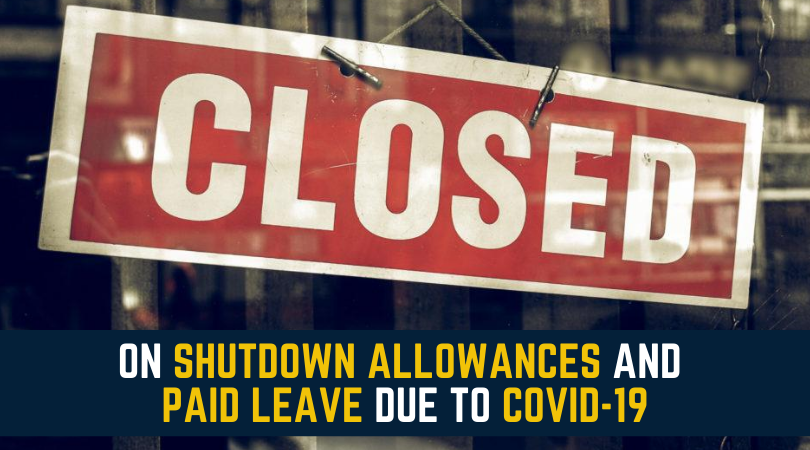
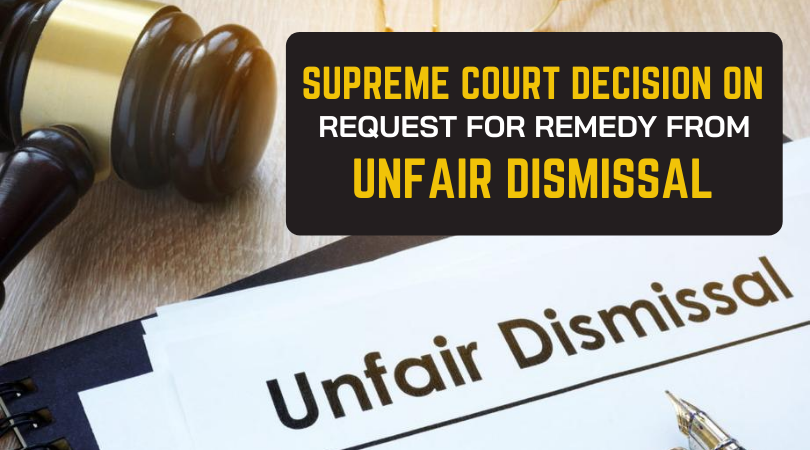



























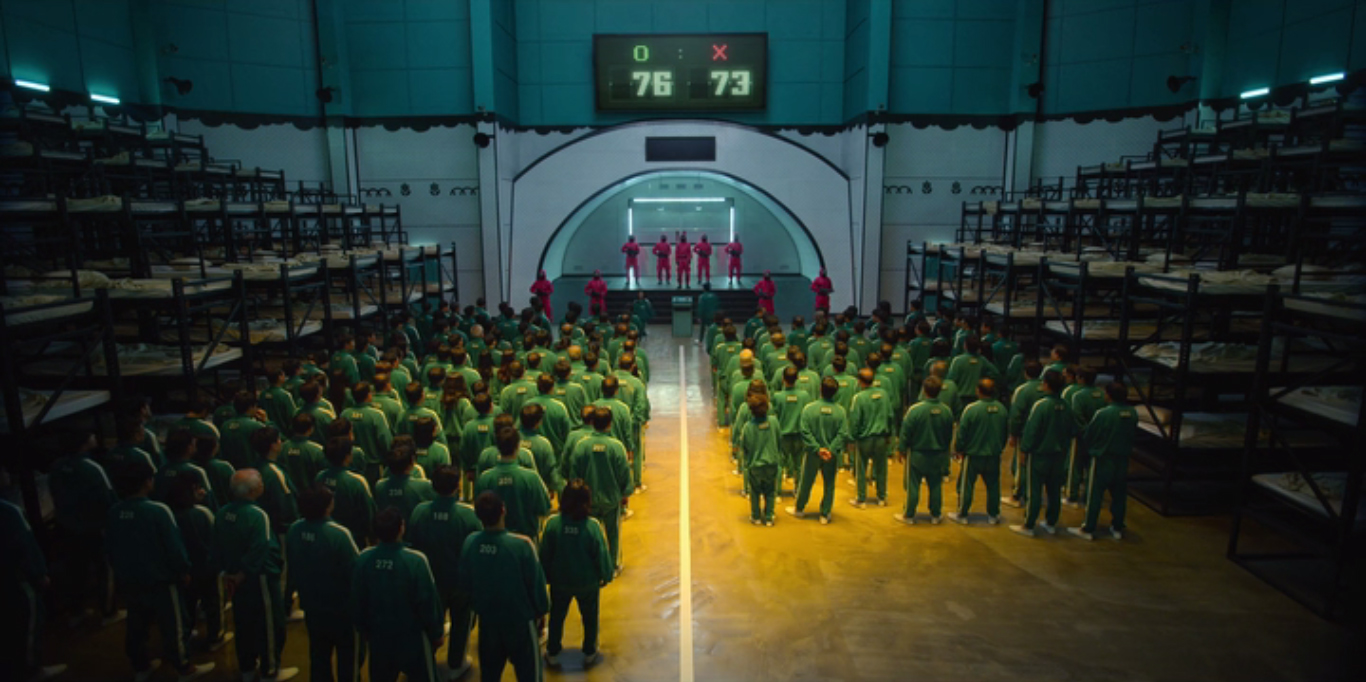

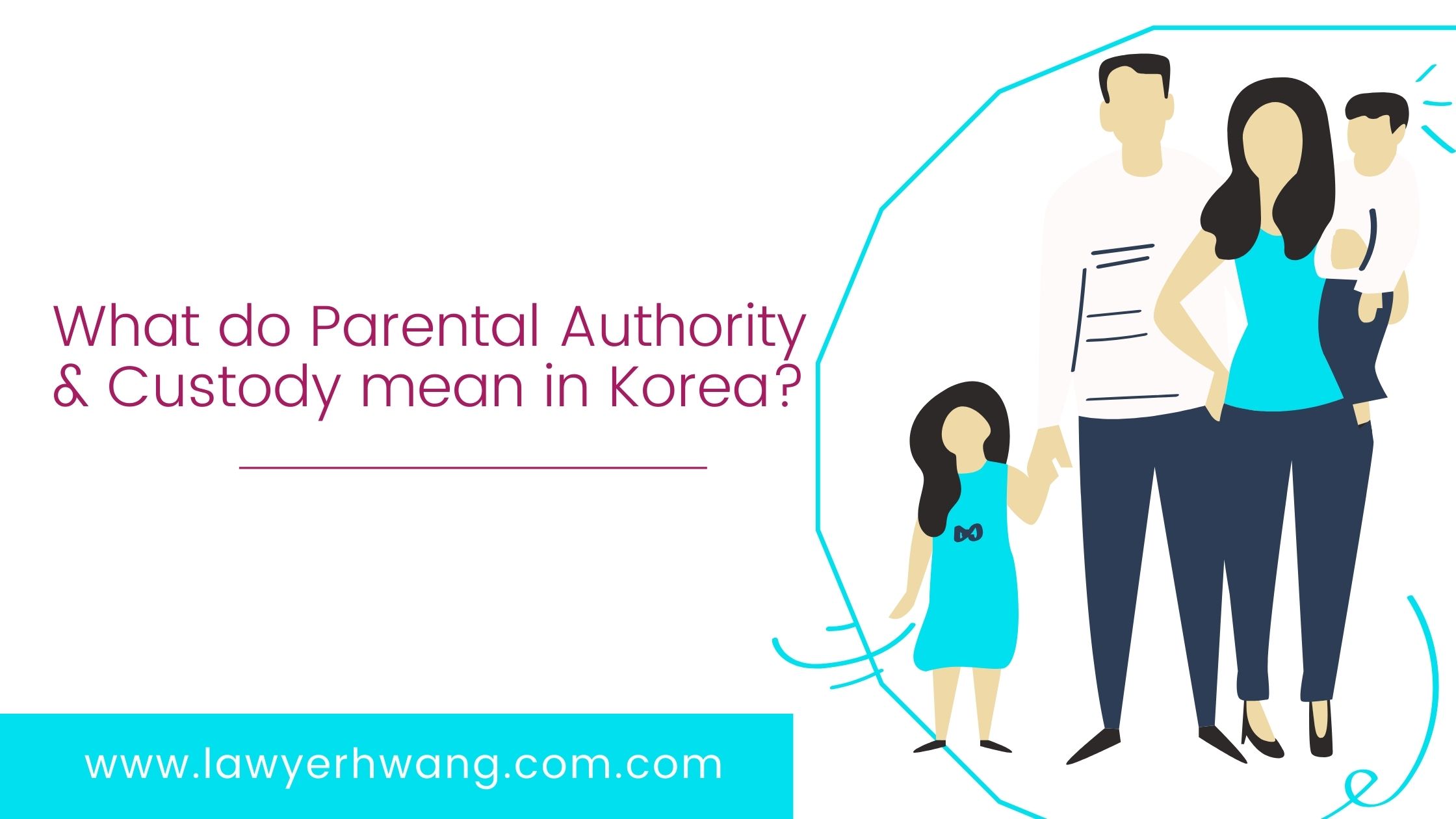




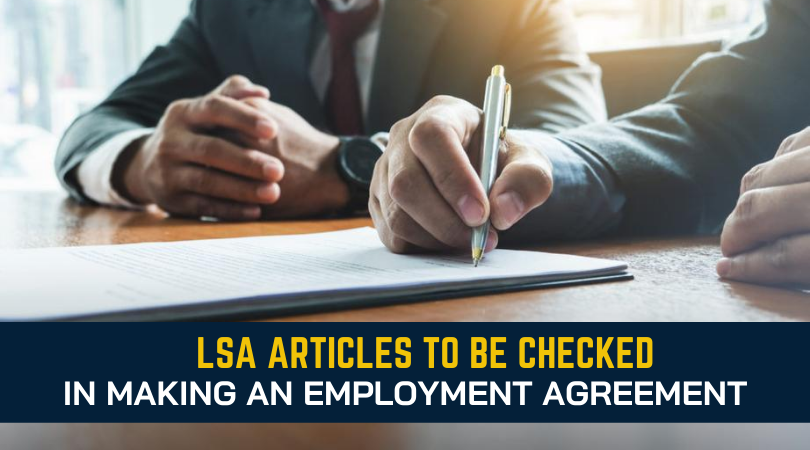
![[Supreme Court Decision – Criminal Law] – On Intent of Defamation](https://lawyerhwang.com/wp-content/uploads/2020/03/Supreme-Court-Decision-–-Criminal-Law-–-On-Intent-of-Defamation.png)
![[Supreme Court Decision – Criminal Law] – On Uploading a “Torrent File” of Obscene Videos](https://lawyerhwang.com/wp-content/uploads/2020/03/Supreme-Court-Decision-–-Criminal-Law-On-Uploading-a-“Torrent-File”-of-Obscene-Videos.png)






























